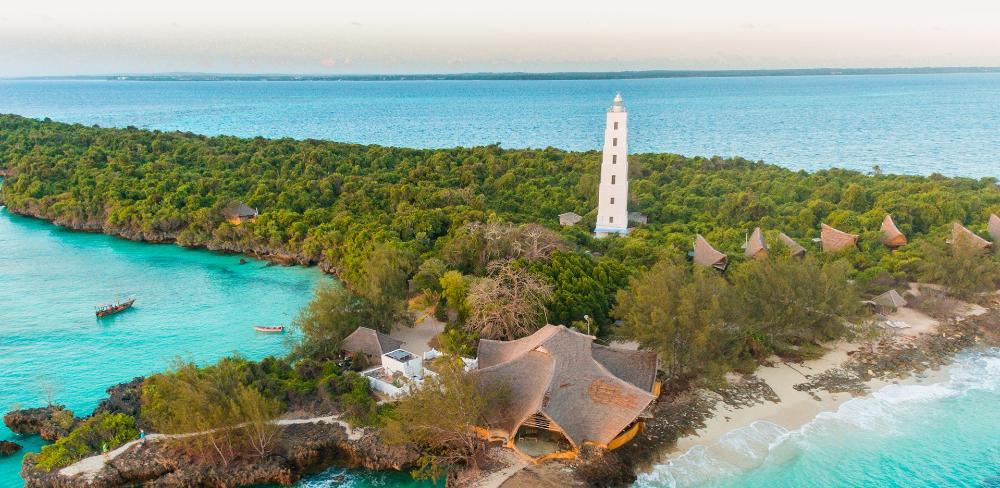
NOTE: SIT will make every effort to maintain its programs as described. To respond to emergent situations, like COVID-19, SIT may have to modify programs. Visit the SIT website for more details.
Explore ecology, natural resource management and sustainability in Tanzania-Zanzibar, on the islands of Unguja, Mafia, and Pemba in the Western Indian Ocean, and mainland Tanzania.
WHY STUDY ECOLOGY IN TANZANIA?
Zanzibar’s extensive shoreline, unique flora and fauna, and tropical climate are ideal for exploring conservation and management of coral reefs, inter-tidal zones, and tropical forests. From your coastal base in Stone Town, a UNESCO World Heritage site, gain a deeper understanding of biodiversity, conservation areas, and ecotourism projects. Study rare or endemic species such as the whale shark, Pemba flying fox, and Zanzibar red colobus monkey. Meet officials at Zanzibar’s Department of Forestry and the Institute of Marine Sciences to hear their perspectives on natural resource management. Learn and practice speaking Kiswahili during your homestays in Stone Town, Zanzibar, and on Pemba Island. Understand the techniques, methods, and ethics necessary for successful field research, and partner with experts on an independent study project of your choice. Examine issues in marine and coastal environments through short excursions, including a week-long trip to the Seychelles. Observe wildlife while snorkeling off of Bawe Chumbe, Kwale, and Misali islands. You’ll also visit Pange Reef and Sandbar.
HIGHLIGHTS
- Delve deeply into ecosystems of the Indian Ocean and the islands of Tanzania-Zanzibar.
- Learn marine and terrestrial field methodologies in Unguja, Mafia, and Pemba.
- Study the sustainability of coral reefs, coastal forests, and vulnerable fauna.
- Observe the rare and endangered wildlife, such as the Hawksbill sea turtles.
PREREQUISITES
Previous college-level coursework and/or other significant preparation in environmental studies, ecology, biology, or related fields, as assessed by SIT. Swimming and snorkeling proficiency is strongly recommended.
Please visit the
SIT Study Abroad website for details on the
program courses (including syllabi), educational excursions, and housing.
KEY TOPICS OF STUDY
- How fragile ecosystems are challenged by tourism and industry
- Sustainable management of coastal forests, coral reefs, and fauna
- Dynamics of local ecosystems in relation to resident communities
- Terrestrial, intertidal, and marine ecosystems
- Research on a topic of choice as part of Independent Study Project
MONEY MATTERS
Be sure to discuss how study abroad costs are handled at your school with your study abroad advisor.
SIT tuition and room and board fees include the following:
- All educational costs, including educational excursions
- All accommodations and meals for the full program duration
- Transportation to and from the airport, and on all educational excursions
- Health and accident insurance
SCHOLARSHIPS
- SIT awards nearly $1.6 million in scholarships and grants annually.
- All scholarships and grants are need-based.
- Awards generally range from $500 to $5,000 for semester programs.
- Contact the financial aid and/or study abroad office(s) at your college or university to learn if your school’s scholarships and grants and federal and state aid programs can be applied to an SIT Study Abroad program.
CONTACT SIT STUDY ABROAD
